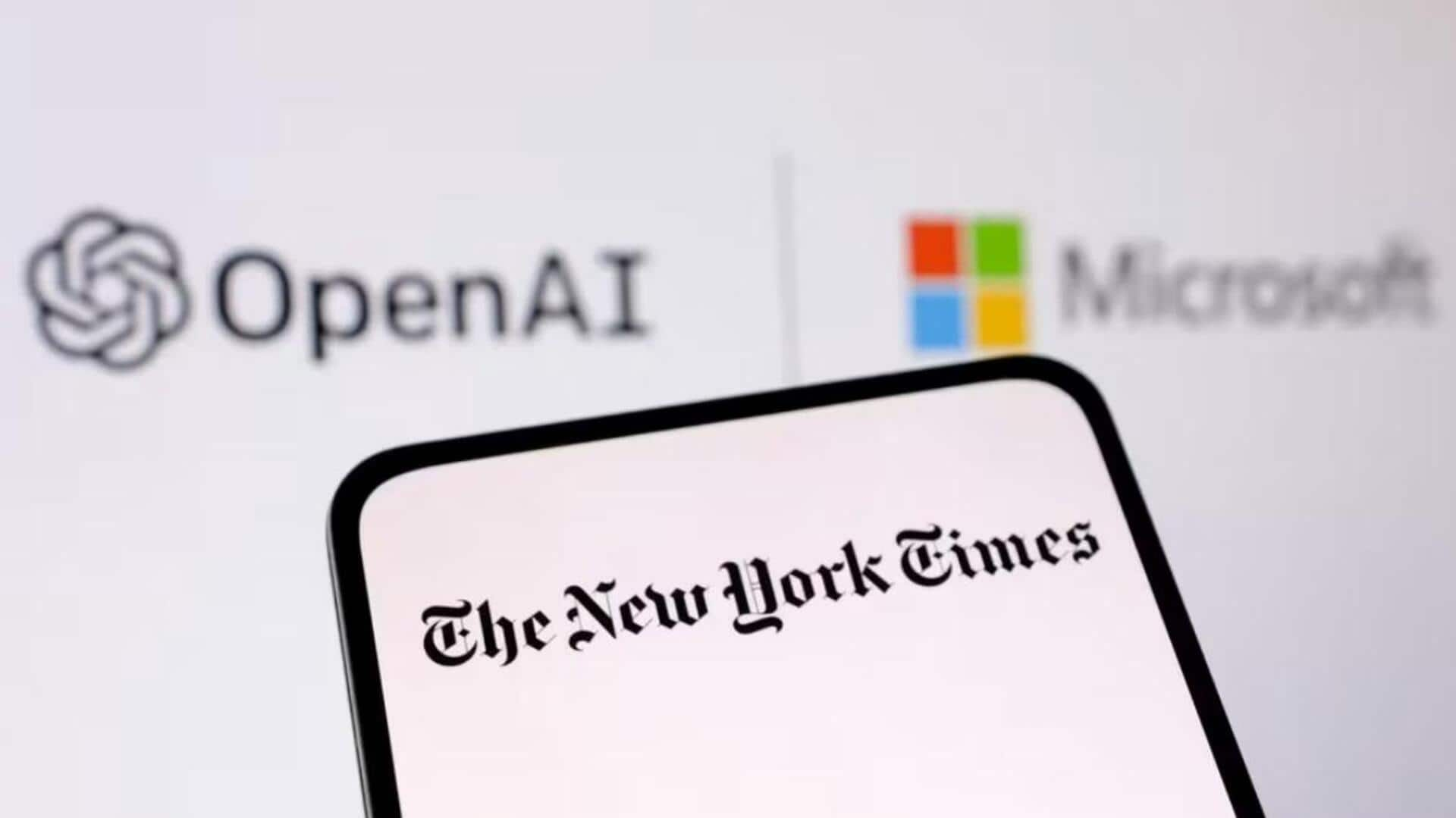
New York Times claims OpenAI destroyed evidence in copyright lawsuit
What's the story
OpenAI engineers have 'accidentally' deleted key evidence in a lawsuit filed by The New York Times and other major newspapers, according to a court filing. The legal teams of the newspapers had spent over 150 hours looking into OpenAI's AI training data to identify cases where their news articles were used. However, in an unexplained error, this vital information was deleted.
Recovery failure
OpenAI's unsuccessful data recovery attempt
OpenAI has admitted the error and tried to recover the lost data. However, the recovered information was incomplete and unreliable, making it useless for tracing how news organizations' articles were used in developing AI models. The company's legal team called this incident a "glitch," while The New York Times's lawyers said they had "no reason to believe" it was done on purpose.
Legal battle
The New York Times's lawsuit against OpenAI
The New York Times started this legal battle last December, accusing OpenAI and its partner Microsoft of building their AI tools by "copying and using millions" of the newspaper's articles. The publication claims that as a result, these companies now "directly compete" with its content. It wants to hold OpenAI accountable for "billions of dollars in statutory and actual damages" for allegedly copying its works. The Times has already exhausted over $1 million in its legal battle against OpenAI.
Partnerships
OpenAI's partnerships and stance on data use
In the recent months, OpenAI has partnered with major media houses like Axel Springer, Conde Nast, and Vox Media. The company argues that using publicly available data such as articles from The Times for training models is fair use. However, it has also entered licensing agreements with more and more news publishers, including the Associated Press and Business Insider owner Axel Springer.